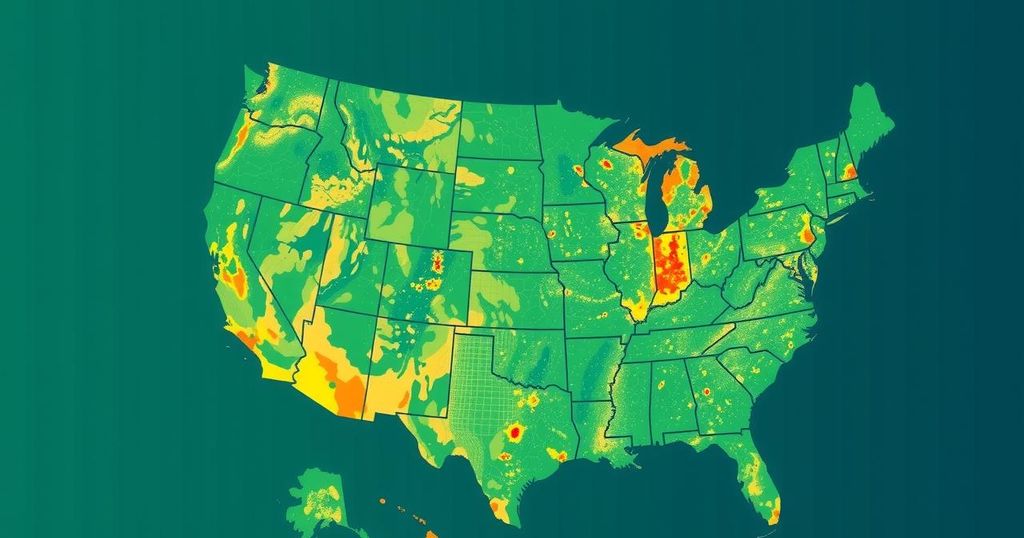The UN report indicates that developing nations face a significant financial shortfall for climate adaptation, requiring $359 billion annually but receiving only $28 billion. The COP29 talks may address the crucial funding needs for poor and vulnerable communities due to climate change.
A recent report from the United Nations reveals a significant funding gap in climate adaptation efforts for developing countries. The necessary annual financial support is estimated at $359 billion, while the actual amount provided reached only $28 billion in 2022, despite the largest annual increase since the establishment of the Paris Agreement in 2015. The upcoming COP29 climate talks in Azerbaijan are expected to focus on how much richer nations will contribute to assist vulnerable countries in addressing the challenges posed by climate change.
The issue of climate change adaptation is critical, particularly for developing nations that are disproportionately affected by environmental changes. These countries often lack adequate infrastructure and resources to combat the effects of climate-related disasters, which include severe weather events such as storms and droughts. The funding gap highlights the need for continued financial support from developed countries to bolster adaptive measures, which are integral to sustainable development and disaster resilience. The UN Environment Programme’s recent findings underscore the urgency of addressing this gap to avoid devastating future impacts on vulnerable populations.
In conclusion, the substantial climate adaptation funding gap underscores the urgency of international cooperation to support developing nations in their climate resilience efforts. With discussions imminent at COP29, there is a pressing need for affluent countries to commit to increased financial aid to help mitigate and adapt to the adverse effects of climate change. Failure to address these needs will likely result in exacerbating the challenges faced by the most vulnerable communities around the globe.
Original Source: www.swissinfo.ch







